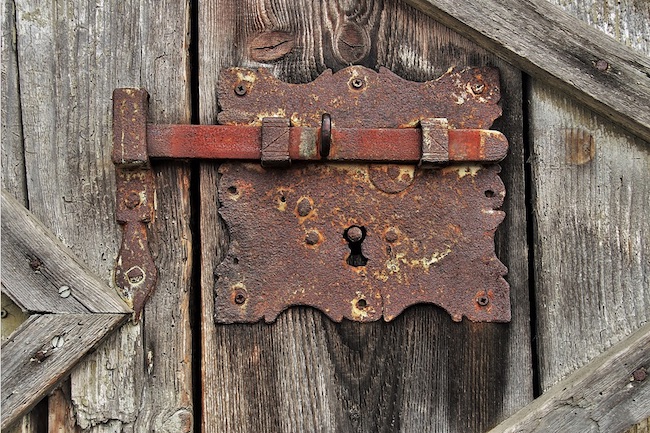When Do We Need a Purity Test for Opposition to Lockdowns? by Michael P Senger for The New Normal – SubStack
When and how should we purity test our leaders—both official and unofficial—in light of all the devastation we’ve witnessed during the response to COVID-19?
With the mainstream quickly coming to the realization that the lockdowns of 2020 were a cataclysmic failure, despite the broad popular support they supposedly had when they were implemented, the question inevitably arises: How important is it for any given individual—and for political leaders especially—to have opposed these policies at the earliest possible date? When is a proverbial “purity test” appropriate?
For an ordinary individual, this question is simply a moral one, and can be answered almost entirely based on what they subjectively believed at the time. But for those who may retain or be given positions of leadership, the standard must be higher. By virtue of their station, their personal judgment and moral courage have a considerable impact on the wellbeing of the public. Thus, the judgment and courage, or lack thereof, that they demonstrated during COVID is of considerable significance, irrespective of what they may have subjectively believed at the time.
The question of “purity testing” with regard to lockdowns can therefore be broken down into when a given person subjectively realized the policy was a catastrophe, what they then did about it, and why. Each scenario carries implications as to the morality, courage, and judgment they demonstrated during the crisis, the latter of which are of considerable relevance in evaluating who should retain or be given leadership roles.
1. Those who realized lockdowns were a catastrophe and immediately acted to stop them.
In the first category are those who immediately recognized lockdowns were a policy catastrophe, despite the policies’ broad popular support, and did whatever was in their power to put a stop to them, even at risk of considerable personal expense. These individuals showed great moral courage and sound judgment, and we’re all better off for it.
Naturally, as a consensus forms that lockdowns were a catastrophe, more and more individuals are portraying themselves as having been in this category from the start. Some of this revisionism may be malicious, but much of it is simply psychological. Revisionism is a question of degrees; even those of us who did a great deal to oppose these policies from the start may embellish our heroism a bit when telling the story to our grandkids. In truth, the majority of people were conflicted about lockdowns, even as they tacitly supported them, and their retroactive portrayal of themselves as having been early lockdown opponents, while exaggerated, may simply be selective memory at work.




